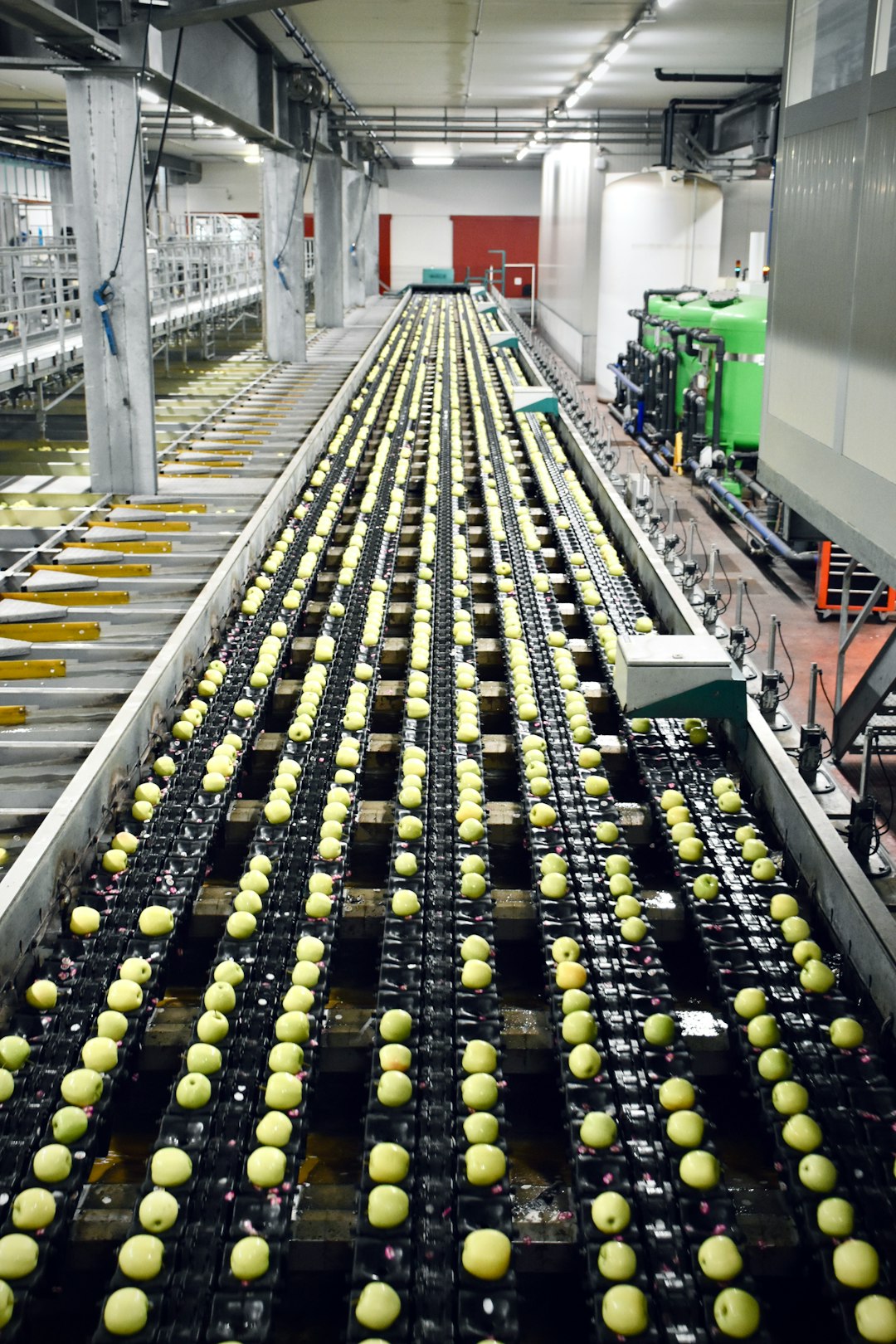
If you’re involved in the manufacturing or industrial processing industries, chances are you’ve come across the term screw conveyor. These versatile mechanical systems are essential for the efficient transportation of bulk materials in a wide range of applications. In this comprehensive guide, we’ll take a closer look at screw conveyor systems in the USA and explore their various uses, benefits, and installation considerations. So grab a cup of coffee and let’s dive in!
Understanding Screw Conveyor Systems
From agriculture to construction, screw conveyor systems play a vital role in many industries. They are mainly used for moving bulk materials horizontally or on an incline within a processing system. Consisting of a rotating helical screw blade, screw conveyors gently lift and transport materials from one end to another. Whether it’s powders, granules, or other bulk materials, these systems can handle a wide range of materials, making them highly versatile.
Benefits of Screw Conveyor Systems
1. Efficiency: Screw conveyor systems are known for their impressive efficiency in transporting bulk materials. With their spiral-shaped blades, they can move materials smoothly, reducing friction and energy consumption while maximizing productivity. This makes them an ideal choice for high-volume operations.
2. Versatility: Screw conveyors can handle a wide range of materials and sizes. Whether you need to transport fine powders, granules, or even semi-solid materials, such as sludge or dough, a screw conveyor system can be tailored to your specific requirements.
3. Space-saving: Screw conveyors are compact and can be designed to fit into tight spaces. Their flexible configurations make them suitable for installations in limited spaces, maximizing the productivity of your production line.
4. Easy maintenance: Screw conveyors are relatively simple machines, which means they require minimal maintenance. Regular inspections and cleaning can help ensure their smooth operation for extended periods, reducing downtime and increasing productivity.
Different Types of Screw Conveyors
1. Horizontal screw conveyors: These are the most common type of screw conveyor and are used to move materials horizontally. They are typically designed with a U-shaped or tubular casing to contain the materials.
2. Inclined screw conveyors: As the name suggests, inclined screw conveyors are designed to transport materials at an incline. They are commonly used in applications where materials need to be elevated to another level.
3. Vertical screw conveyors: When materials need to be transported vertically, vertical screw conveyors are the go-to choice. They are commonly used for loading or unloading materials from silos or hoppers.
4. Shaftless screw conveyors: In some applications, the absence of a central shaft can be advantageous. Shaftless screw conveyors provide a larger carrying capacity and are especially suitable for handling sticky materials.
Installation Considerations
When installing a screw conveyor system, there are a few factors to consider:
1. Material characteristics: Understanding the properties of the materials being transported is crucial in determining the appropriate design and configuration of the screw conveyor system. Factors such as moisture content, particle size, and flowability will influence the selection of materials and the design of the conveyor.
2. Space availability: Before installing a screw conveyor, you need to evaluate the available space and consider any existing equipment or structures that may affect the design. This will help ensure the system integrates seamlessly into your production line.
3. Safety: Safety should always be a top priority when installing any machinery. Ensure that the screw conveyor system complies with local safety standards and regulations. Adequate guarding, emergency stop switches, and proper maintenance procedures are essential to create a safe working environment.
In conclusion, screw conveyor systems are indispensable tools in various industries for efficiently transporting bulk materials. Their versatility, efficiency, and ease of maintenance make them a valuable asset to any production line. By understanding the different types and installation considerations, you can choose the right screw conveyor system to optimize your manufacturing or processing operations. So, whether you’re in the food industry, mining, or any other sector that deals with bulk materials, consider the benefits of incorporating a screw conveyor system in your facility. Your productivity and bottom line will thank you!